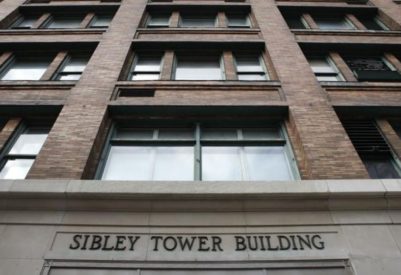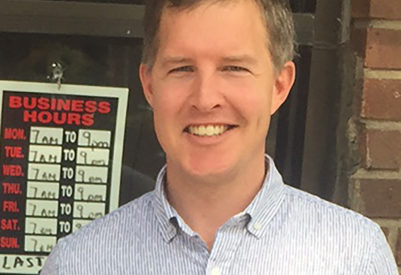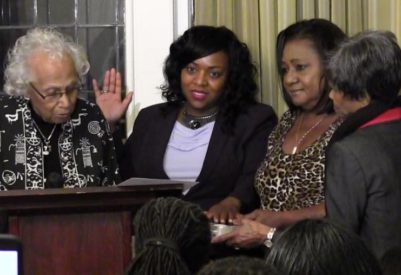
Southwest Tribune Newspaper: Rochester, New York
Regardless of where you stand on the prudence of anti-CRT legislation—and even regardless of your views on the merits of CRT itself—the controversy over CRT highlights the need for genuine school choice by unmasking any pretensions to public school “neutrality.” Public school curricula have never been ideologically neutral. But with the advent of CRT, any attempt to maintain even a semblance of neutrality on a controversial topic like race has been abandoned.
Especially in these circumstances, therefore, the fact that public schools enjoy a monopoly on public educational funding is profoundly unjust, a violation of the fundamental right of parents to direct the education of their children.
While this right has been legally recognized by the Supreme Court in Meyer v. Nebraska and Pierce v. Society of Sisters, it is a basic moral right that would exist even in the absence of law or government. This right is grounded on the deep and enduring bond between parents and children, and the serious parental obligations to which that bond gives rise.
Public schools’ monopoly on public educational funding violates parental rights because it means that low-income parents who are unable to pay for private schooling or to homeschool have no choice but to send their children to the public school, even if they reasonably believe that the school environment or curriculum is harmful.
Because parents, not the state, are the ones with primary educational responsibility and authority, it would be more just for public education funding to be channeled through parental choice to pay for tuition at whichever school parents think best for their child (be it public or private), or to pay for other educational expenses like homeschool curricula.
While there is a genuine state interest in ensuring that children receive an education that enables them to be law-abiding and productive citizens—and thus a reason to provide public educational funding—there is no reason why that funding should go only to schools run by the government (especially when many of those schools are failing to teach children even the most basic academic skills).
Surprisingly—at least for those who unreasonably treat school choice as a partisan issue—critical race theorist Derrick Bell also supported vouchers, charter schools, and other initiatives that would expand educational choice.
In his book Silent Covenants: Brown v. Board of Education and the Unfulfilled Hopes for Racial Reform, he proposes these school choice measures as a way to provide effective education for students in failing inner-city school districts, which are disproportionately populated by black students.
Indeed, private and charter schools often significantly outperform public schools, particularly in the most underprivileged neighborhoods.
School choice programs can serve as a lifeline for the most disadvantaged students and their communities, and for many it should be a no-brainer for anyone concerned not only with ideological indoctrination in the public schools, but also with the alleviation of systemic injustice and inequality.





